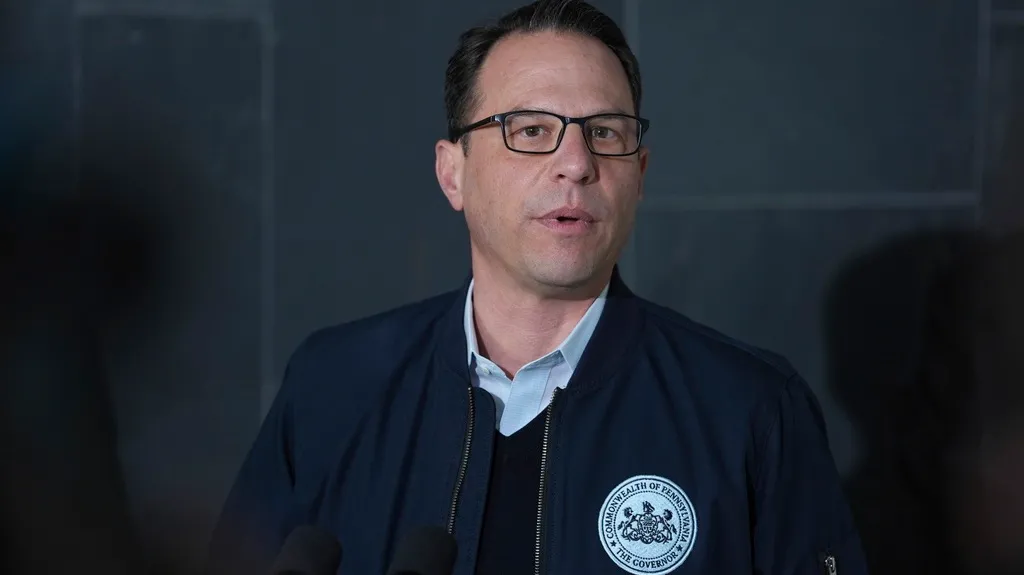November 8, 2011
Rob Reiner to Direct Film on Prop. 8
Kilian Melloy READ TIME: 3 MIN.
Proponents of Proposition 8, the anti-gay California ballot initiative that stripped gay and lesbian families in California of their then-existing right to wed in 2008, were successful in stopping the ensuing federal court case from being broadcast on YouTube and to courthouses around the country via closed-circuit television.
But now the story of Proposition 8 is going widescreen, in a movie version that director Rob Reiner intends to film.
The Hollywood Reporter published a Nov. 6 article on Reiner's upcoming project, noting the director's personal connections to the saga, which is one of the most fascinating and dramatic true-life legal epics in recent history, and which continues to unfold even now.
Reiner was one of the organizers behind the American Foundation for Equal Rights, a group created to offer support to the court case brought by celebrity lawyers Ted Olsen and David Boies. The legal team famously faced off before the Supreme Court in 2000 on opposite sides of Bush v. Gore, with Olsen, a longtime conservative, prevailing over the liberal Boies.
When it came it Proposition 8, however, the high-powered attorneys found themselves united on the same side. As a team, they faced off in court against proponents of the anti-gay referendum, arguing that the ballot initiative was not based on any compelling legitimate interest but was, rather, an expression of animus toward a minority, and therefore unconstitutional. The judge in the case, Vaughn Walker, agreed, and ruled that Proposition 8 is unconstitutional. That ruling is now under appeal.
But Walker also initially agreed to allow the trial to be broadcast. Prop. 8 proponents objected strenuously, claiming that their witnesses would be put at risk of retaliation if the proceedings were sent out on the Internet and on closed-circuit television. The anti-gay measure's proponents secured intervention from the Supreme Court, and the trial was not broadcast.
It was, however, recorded on video, and when Walker used portions of the video to illustrate talks he gave, the anti-gay side demanded that Walker be ordered to surrender the videos. A federal judge ruled against them, and said that Walker was free to release the videos if he so chose. That ruling, too, is now under appeal.
Critics of Prop. 8 say that of the public were allowed to see the trial, even on video, it would be an educational moment with the potential to transform America's views of LGBTs.
A variety of efforts has been made to bring the trial to audiences. Actors re-created the trial line by line, using court records, and posted the re-enactments online. Oscar-winning screenwriter Dustin Lance Black distilled those same transcripts--thousands of pages--into a 90-minute play that sets out the arguments of both sides, with Prop. 8 proponents claiming that marriage equality for gays and lesbians would be damaging to heterosexual marriage and to society as a whole, and the measure's opponents questioning the veracity of that assumption and seeking to prove that bias, not fact, lay behind the ballot initiative.
Black attended the Prop. 8 trial, and employed insights that he gained from interviewing other people who also attended it. Also He spoke with both proponents and opponents of the measure, seeking to portray both sides fairly.
"I mined the best arguments on both sides, trying to capture everything on their side that was a winning point and anything on our side that was a winning point," Black said.
"One of my hopes about the trial was to get the opposition in court, hands raised swearing to tell the truth, and have the world see the opposition called to account for going on TV saying gay people harm children, harm families," Black told the New York Times, which reported on the new play in a July 17 article.
"Since the trial itself wasn't heard or seen, I wanted to get that story out another way."
Black's play is titled "8," and Reiner took part in a recent reading of the script, the Hollywood Reporter noted. A movie version is a logical extension of the director's involvement, the article suggested.
"We have been involved every step of the way," Reiner told the publication. "Right now, we're waiting for the Ninth Circuit to come with their appeal decision. Either we'll win, and it will be expunged in California or, if it gets appealed, it might go to the U.S. Supreme Court."
Added the filmmaker, "Prop 8, if we win that, will be the last big piece of the civil rights puzzle that will be put into place."
The Hollywood Reporter article did not say whether Reiner would adapt Black's play for the film project or commission a new script.
Kilian Melloy serves as EDGE Media Network's Associate Arts Editor and Staff Contributor. His professional memberships include the National Lesbian & Gay Journalists Association, the Boston Online Film Critics Association, The Gay and Lesbian Entertainment Critics Association, and the Boston Theater Critics Association's Elliot Norton Awards Committee.


